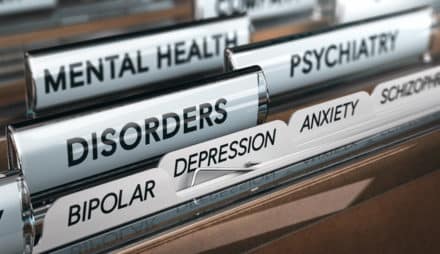Top Questions About Anxiety
According to the American Journal of Psychiatry, people who consume fast food, processed foods, sweets, and alcohol tend to be more anxious compared to those who ate healthily, balancing their diets with such foods as colorful vegetables, wild-caught fish, and organic fruits. Nutritionists recommend that you eat natural foods and leafy greens, as well as other mood-improving sustenance such as dark chocolate, seeds, and nuts.
Scientific research shows 20 minutes of daily meditation or 30 minutes of daily exercise can greatly reduce the emotional impact of stress. These simple and medication-free ways of combating anxiety and stress can take effect almost instantly and lower tension and negative emotions long after the activity is done. Similarly to exercise, meditation has proven an effective tool for lowering anxiety levels. Attempting a deep state of relaxation is effective in reducing fatigue and stress.
Anxiety is the number one mental illness in the United States. Anxiety disorders develop from a complex set of risk factors, including genetics, brain chemistry, personality, and life events. Affecting an estimated 40 million people every year, it is common for those experiencing an anxiety disorder to also suffer from depression, or vice versa. Nearly one-half of those diagnosed with depression are also diagnosed with an anxiety disorder. And while anxiety disorders are highly treatable, only about one-third of those suffering receive needed anxiety treatment.
How to treat Anxiety?
Get your treatment questions answered with care.
Featured Anxiety Resources
Popular Anxiety Resources
Recently Posted Anxiety Resources
Treatment Options for Anxiety

Dual Diagnosis Residential

Women-only Residential














